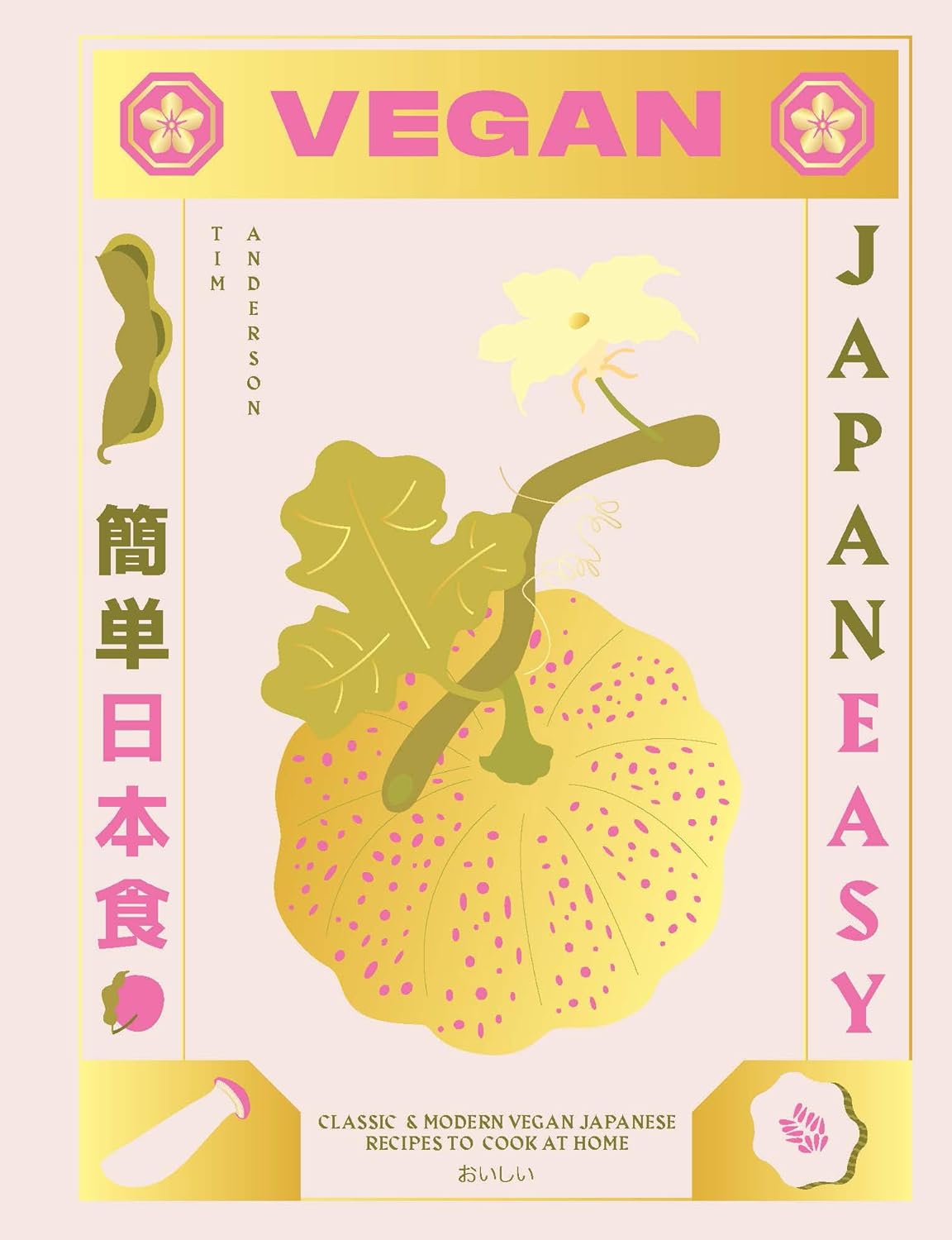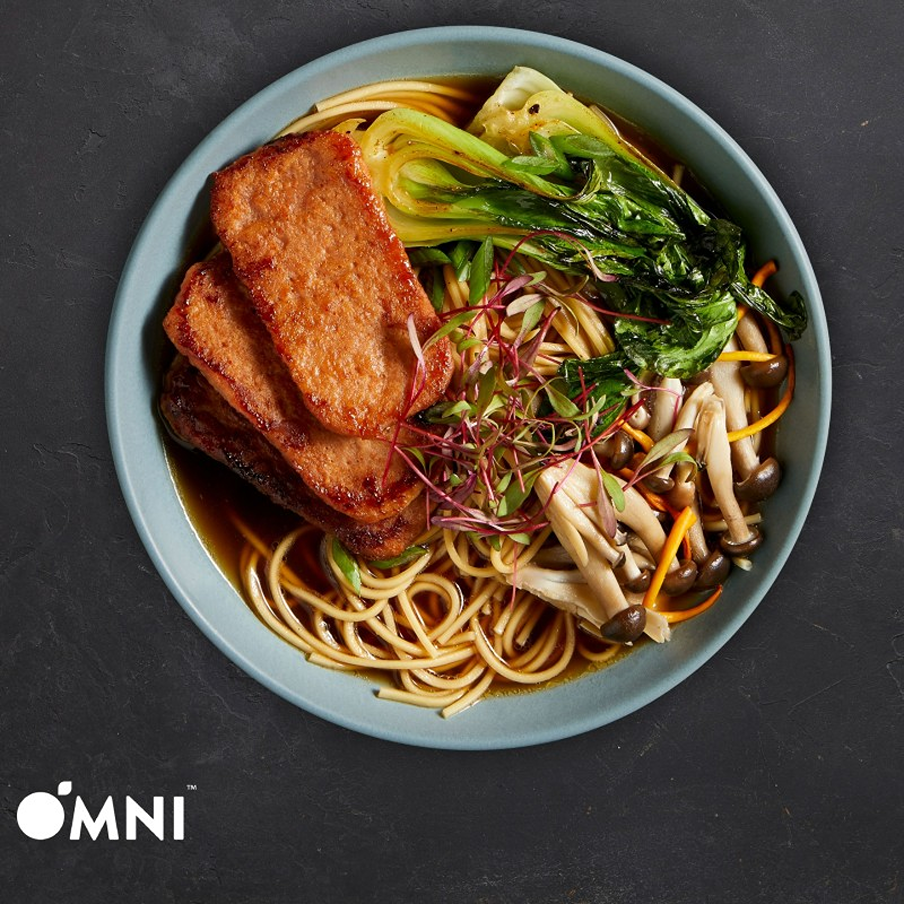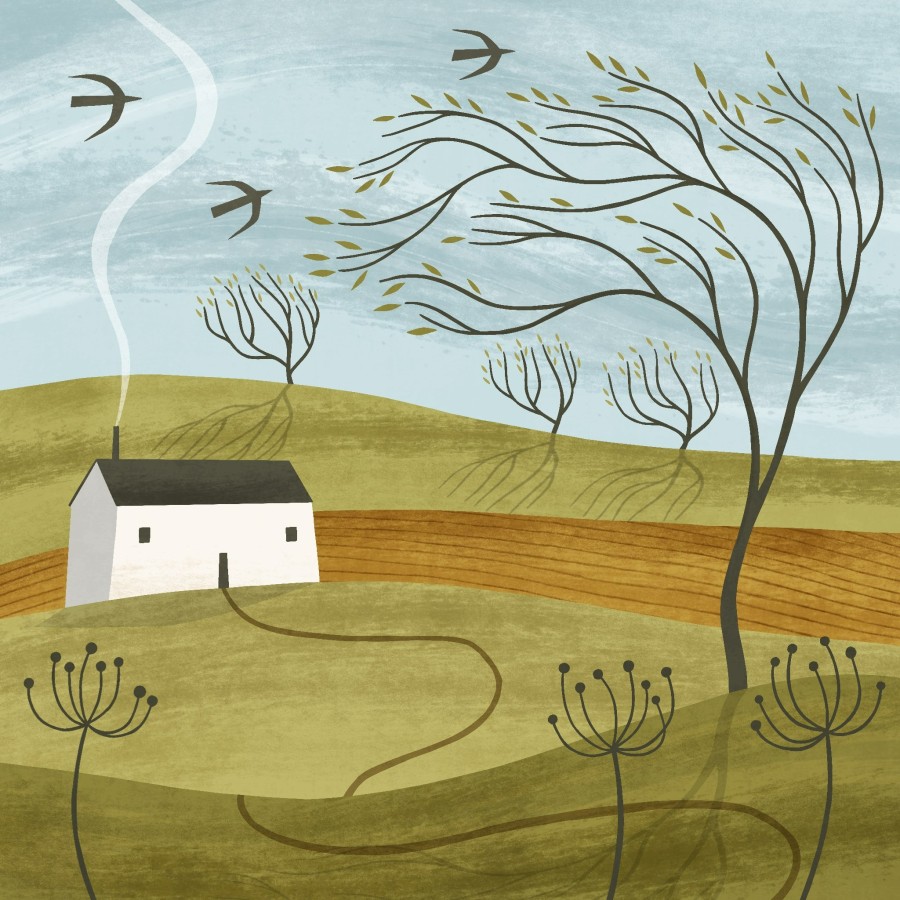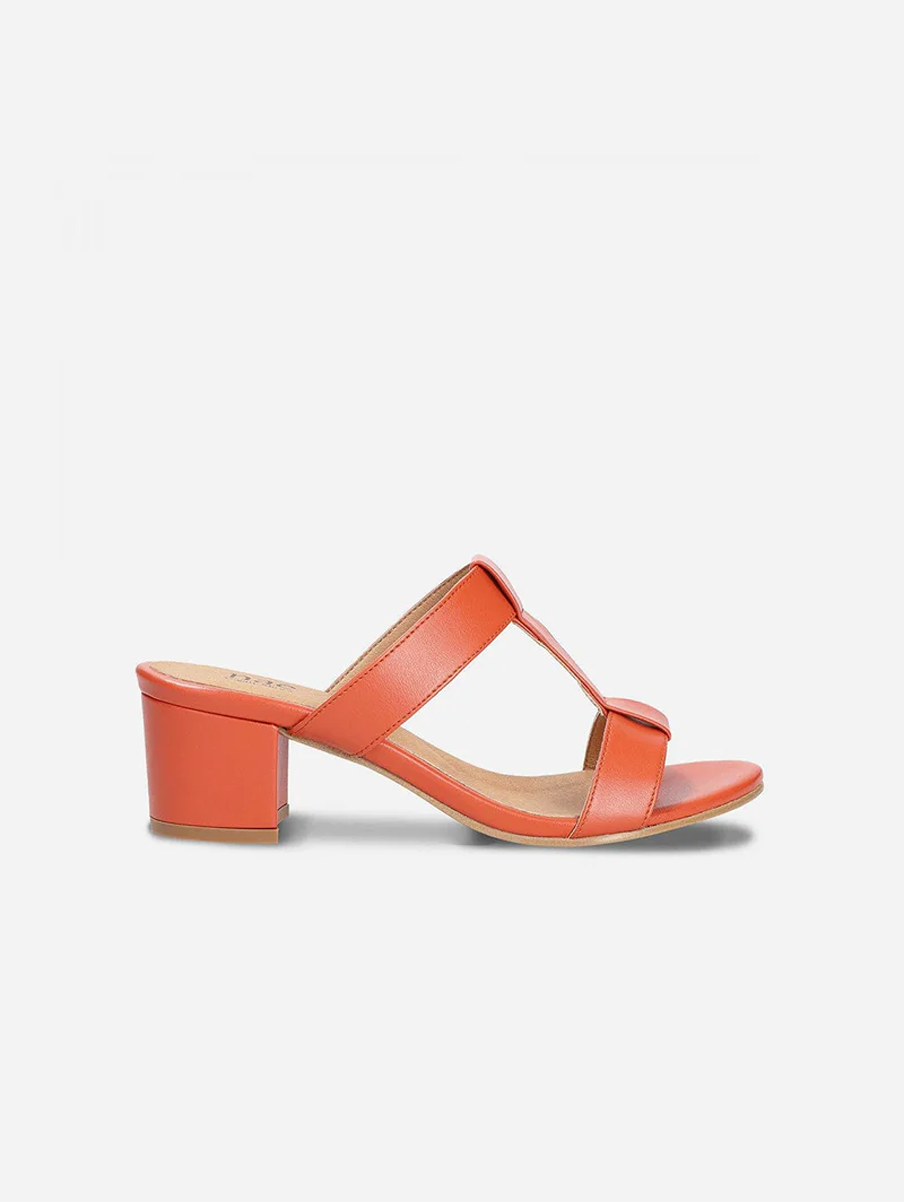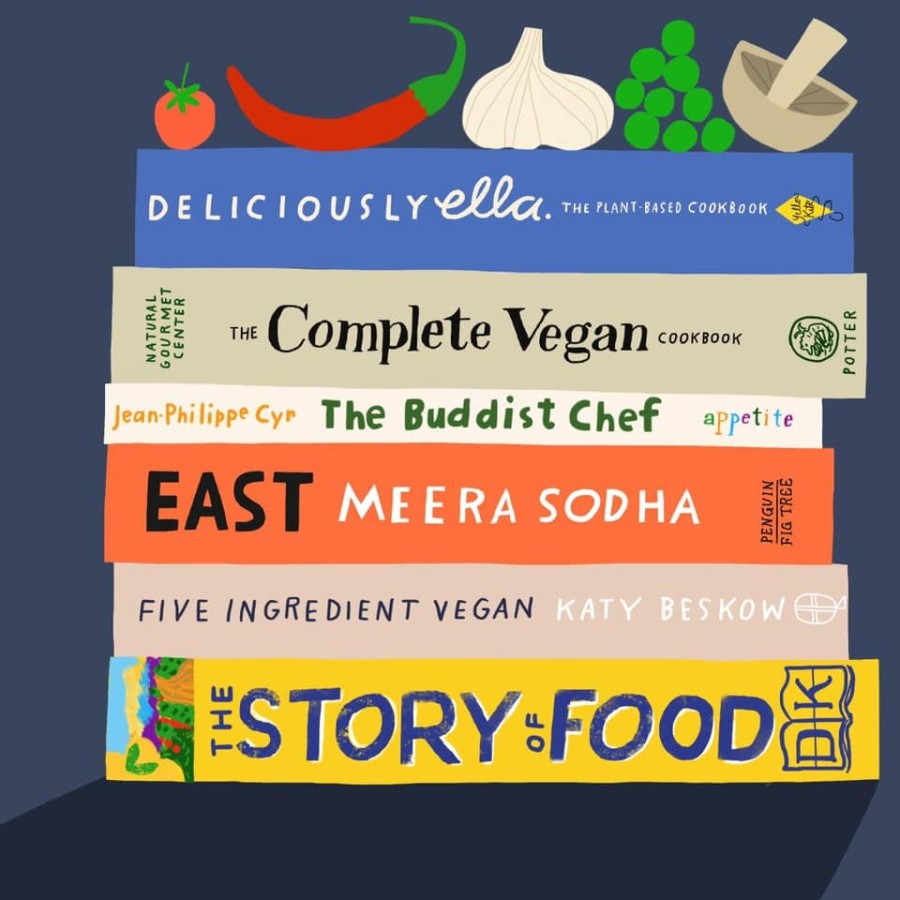
You’ve likely heard how big companies are dropping vegan sausages etc, as the plant-based lifestyle ‘falls out of favour’. This is actually untrue. Almost 5% of people in England are now vegan (we now lead the world followed by Australia, New Zealand, Germany and Switzerland) and the reason sales are falling of some major brands is that they are not keeping up with the times: people increasingly are now focusing on local seasonal real foods, and better indie brands of high-protein wholesome alternatives (like seitan and tempeh – not cheap soy and palm oil-laden inferior alternatives). In simple terms, the companies that are going bust are doing so, because they are not up-to-par with what ‘new vegans’ are eating.
know why you want to be vegan
Although some people give up animal products for health reasons (no cholesterol, more fibre) and environmental reasons (carbon emissions from abattoirs), nearly all people who go vegan do so for animal welfare reasons. Although some farms do let calves stay with their mothers and chicks stay with their hens, the ‘big industry’ has no financial need for male babies, so they are either gassed (chicks) or shot (calves – if not, they are sent to Europe to become veal).
If you are eating vegan for animal welfare reasons, the ‘men in white coats’ (or mass media that spurt differing health headlines each day), can’t get to you. Educate and empower yourself, and their arguments will fall on deaf ears. We live in a country of 60 million people. So we can’t all eat meat and ban factory farming, as there is not enough land. Even meat-eating chefs like Hugh Fearnley-Whittingstall say that we have to be vegan (or mostly vegan) to get rid of factory farms for good.
American Sarah Taylor (who wrote three books on going vegan during her short life) said that after failing to go vegan for nutritional reasons, she ‘stuck with it’ when she made the transition, due to her love of animals. She was not even sidetracked when doctors told her to eat a high-protein animal keto diet, when she was diagnosed with terminal brain cancer. She died in 2021 remaining true to her beliefs, and leaves a legacy on how not to compromise your ethics.
the vegan movement began in Leicestershire
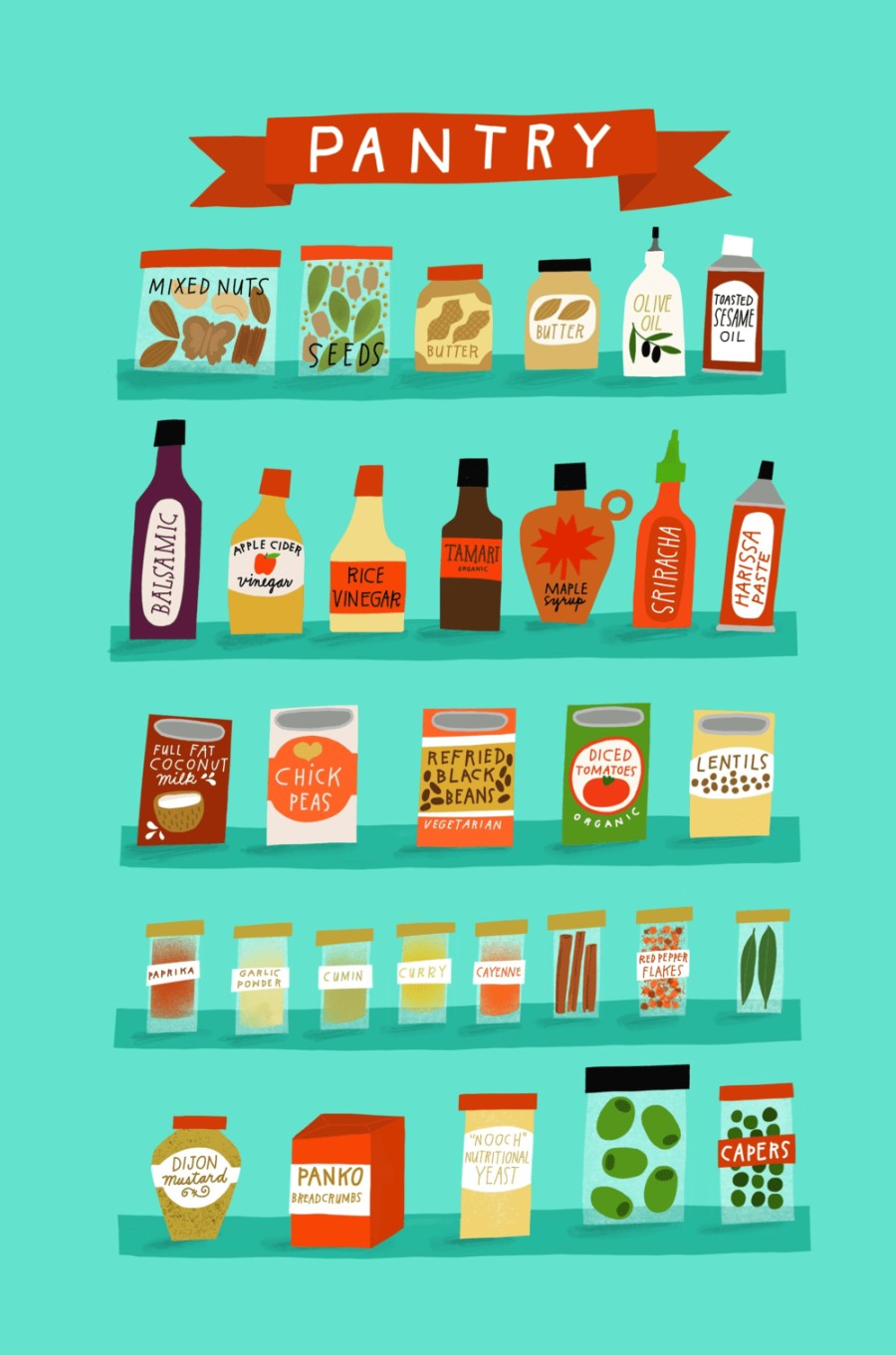
Leicestershire is the birthplace of England’s vegan movement. Although the Vegan Society was for years situated in Hastings (East Sussex) and now operates from Birmingham, it began here with local man Donald Watson creating the term ‘vegan’ after witnessing a terrified pig being slaughtered on a relative’s farm. His sister and brother soon followed suit, with his mother remarking she felt ‘like a hen who had hatched a cluck of duck eggs!’ Donald and his wife were passionate about nature, and lived their later years in Cumbria, where they enjoyed fell walking (he lived to the ripe old age of 95).
books to help our barnyard friends
The Impactful Vegan is by vegan bodybuilder Robert Cheeke, which looks at the very apt issues of finding the most effective ways to help animals. Are meatless Mondays effective at making dents in profits of factory farming? Should you only buy foods from indie vegan brands that don’t sell well? Or do you support big meat companies offering vegan products (that have more outreach?) This book has done all the maths, to find out what works and what doesn’t. It also looks at choosing careers that align with your values.
If you want it to be, your heart can be your biggest and most powerful muscle in your body. Robert Cheeke
How to Go Vegan is the guidebook from Veganuary (which has lots of free downloads). Unless you live under a rock, you’ll know this worldwide movement is responsible for bringing millions over to the plant-based world, and many big food brands and supermarkets launch new products in January, when the movement encourages everyone to try going vegan for one month, and hopefully forever. The book covers reasons to be vegan, how to shop for food and read labels, how to be the only vegan in the family – and what to do about cheese!
An Opinionated Guide to Vegan London is an updated pocket guide for locals including the best ethical eateries – from burgers to cheese-mongers to fine dining and partaking of afternoon tea in the city!
Dr Gemma’s guide to being a healthy vegan
Dr Gemma Newman (a family GP and Reiki healer for 20 years) says good health boils down to six things (not just food). In her book Get Well, Stay Well, she goes through each one for her GLOVES program:
- Gratitude
- Love
- Outside
- Vegetables
- Exercise
- Sleep
Many of her patients have healed through plant-based food. One older patient came off insulin (safely) by living on plant-based ready-meals, another reversed low-grade prostate cancer, another got rid of years of arthritic pain and cholesterol, and another cured eczema by swapping from dairy to plant milks.
Before cooking, read up on food safety for people & pets (many human foods are unsafe around animal friends).
how eating plants can save the planet
A Kind Life is an inspiring book by a mother of two children that offers a blueprint on how she and her family adopted a plant-based lifestyle, sharing eye-opening facts that convinced her they needed to make a change.
What makes this book different is that author Carina Wohlleben grew up on nature’s doorstep (in a mountain lodge surrounded by forests and fields where her family grew vegetables). With a father who is a best-selling author about the value of wilderness and the importance of preserving nature for everyone.
Yet it was not until she became a mother, that she had an ephiphany on how her own daily habits were connected to the ecological crisis we were facing. After learning that we can reduce our environmental footprint by 25% just by giving up animal products, she transformed her life by going vegan, rethinking her travel and consumption choices, and rediscovering her connection to nature.
Carina writes of the challenges of making this transition, but also of the health benefits that she and her family noticed. She also addresses of unsustainable agriculture and forestry practices, and the environmental impact of our transport and shopping choices. And how slowing down (and making do with less) is not just better for the planet, but also improves our own sense of belonging to nature.
If you want a book about balancing motherhood with environmental choices, this is the book to read. It also includes profiles of young people around the world who are making a difference, and is an inspiring read for anyone who believes it’s not too late to save the planet. Carina is a scientific advisor and parter at Wohlleben Forest Academy and has studied geography, nature conservation and landscape ecology. She’s also a trained vegan nutritionist and lives in the Sauerland region of Germany.

